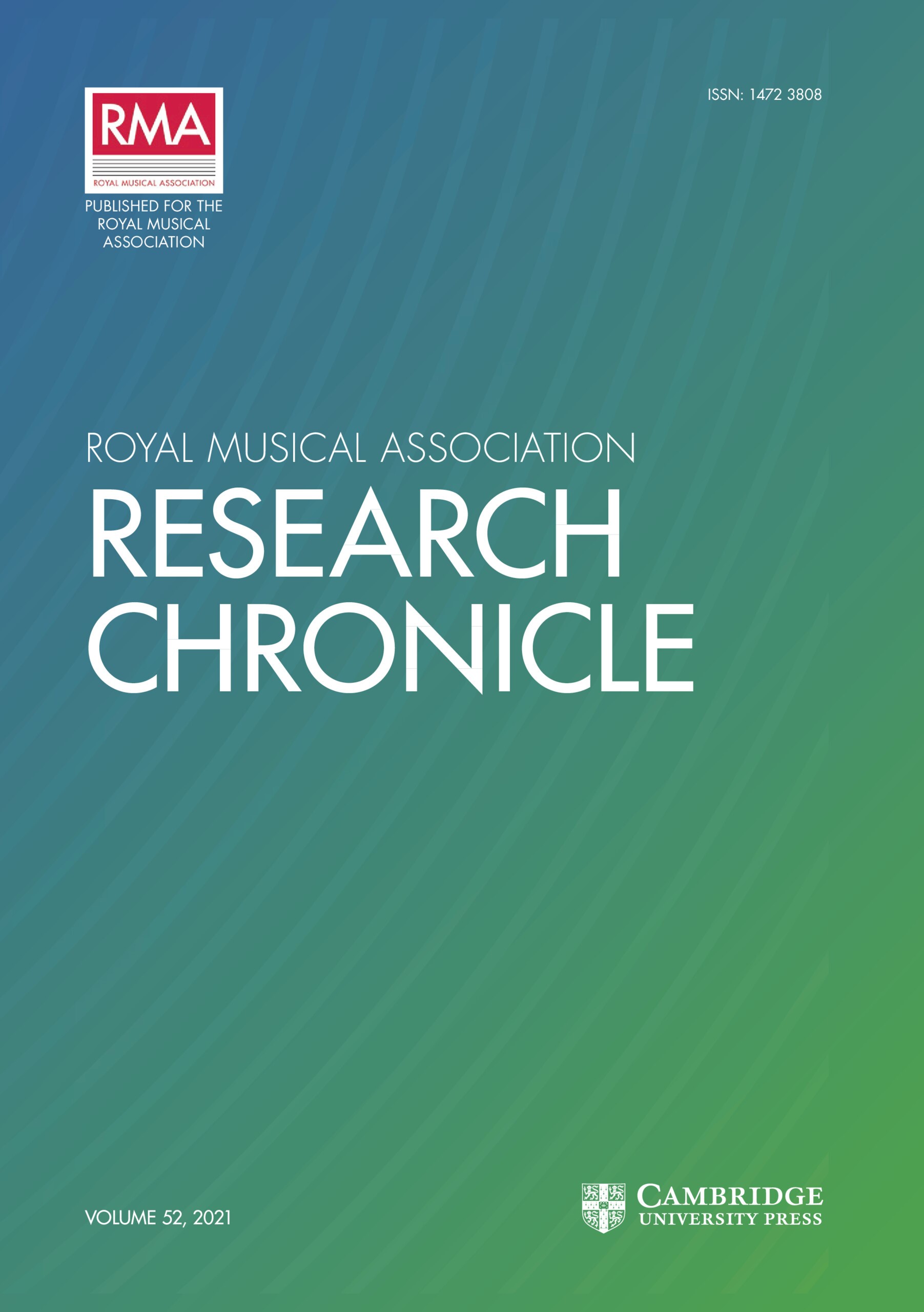Article contents
The Origins of the Fuging Tune
Published online by Cambridge University Press: 01 January 2020
Extract
The fuging psalm or hymn tune is a form whose existence one would hardly suspect from any history of English music. Yet is was a product of the Church of England, and there are more than six hundred and fifty specimens in English eighteenth-century printed sources alone. Its neglect is readily explained by the fact that it lies on the borderline of art music: the musicians who developed it were obscure country singers without professional training; but at the same time it does not fall within the definition of ‘folk music’ that we have inherited from the Cecil Sharp era, for it is written music designed for rehearsed performance. We may or may not wish to hear or sing these tunes today. But our understanding of eighteenth-century English musical life must be incomplete if it does not take into account a form that was so distinctive and so widely appreciated at the time.
- Type
- Research Article
- Information
- Copyright
- Copyright © Royal Musical Association, 1981
References
- 3
- Cited by


